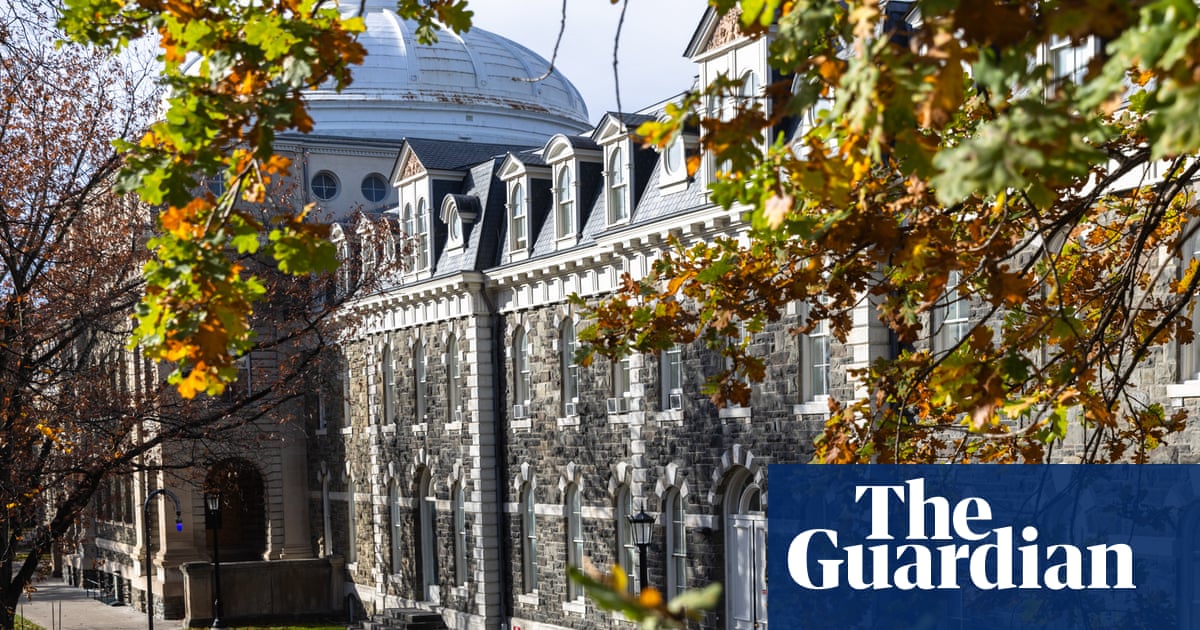The traditional showpiece of any summer in County Durham is the annual miners’ gala, which last Saturday once again connected the region to its proud industrial past. This July, however, locals have another uplifting occasion to celebrate. More than a century after it first opened in Durham in 1915, one of Europe’s most extraordinary monuments to working-class pride, self-confidence and optimism has been relaunched as a cultural centre and community hub.
Boasting a white marble staircase, a domed roof and a spectacular debating chamber (the “pitman’s parliament”), the Durham Miners’ Hall was originally built through the subscriptions of colliers working in what was one of the largest coalfields in Europe. Its refurbishment has been principally financed through the National Lottery Heritage Fund, and an official reopening is planned for the autumn. But events have already started to take place, including a public performance of mining songs by a primary school choir.
The cultivation of communal memory in post-industrial regions can play an important role in evoking a sense of solidarity and belonging. But the charity trustees of Redhills – as the Miners’ Hall is locally known – hope its rebirth can deliver much more than nostalgia. In the early 20th century, the building became a potent symbol of what collective action could achieve, as Durham’s miners built their own tight-knit infrastructure of co-operatives, chapels, clubs and sports associations. That lost world was based on an industrial infrastructure that is no longer replicable. But in the north-east, and across the rest of the country, the question of how to foster greater social cohesion in alienated and disillusioned times has rarely been more urgent.
This week, a major report for the new Independent Commission on Community and Cohesion argued that throughout the UK “a ‘doom loop’ of inaction, crisis and piecemeal response had failed to strengthen the foundations of communities”. In places already resentful of years of neglect by policymakers, it noted a critical lack of sustained funding for grassroots groups working to enhance a sense of belonging and opportunity. Amid cuts to services and the ongoing cost of living crunch, large sections of communities felt socially cut off and mistrustful of institutions.
A Redhills audit of community organisations in County Durham, undertaken with University College London, identifies similar issues. The result, in the words of one youth worker, is a generalised sentiment that “it’s all a bit grim, all a bit pointless, and that … influences how people feel about themselves, how families feel about themselves … And it spirals from there.” Last summer’s racially charged riots in England – and more recent unrest in Northern Ireland – offer a disturbing illustration of the dangers when social disconnection turns toxic.
By acting as a charismatic hub and local resource, Redhills’ welcome renaissance has the potential to become a local focus for social renewal. In the autumn, the Organisation for Economic Co-operation and Development is due to visit as part of ongoing research into the relationship between community attachment and economic development in “left behind” places. Broader progress will only come, however, when the importance of communal wellbeing is prioritised in Whitehall as well, and ranked alongside a quest for growth that has focused mainly on Britain’s cities. As the old miners’ motto has it: “The past we inherit, the future we build.” But Westminster must play its part too.
-
Do you have an opinion on the issues raised in this article? If you would like to submit a response of up to 300 words by email to be considered for publication in our letters section, please click here.

 3 months ago
84
3 months ago
84

















































